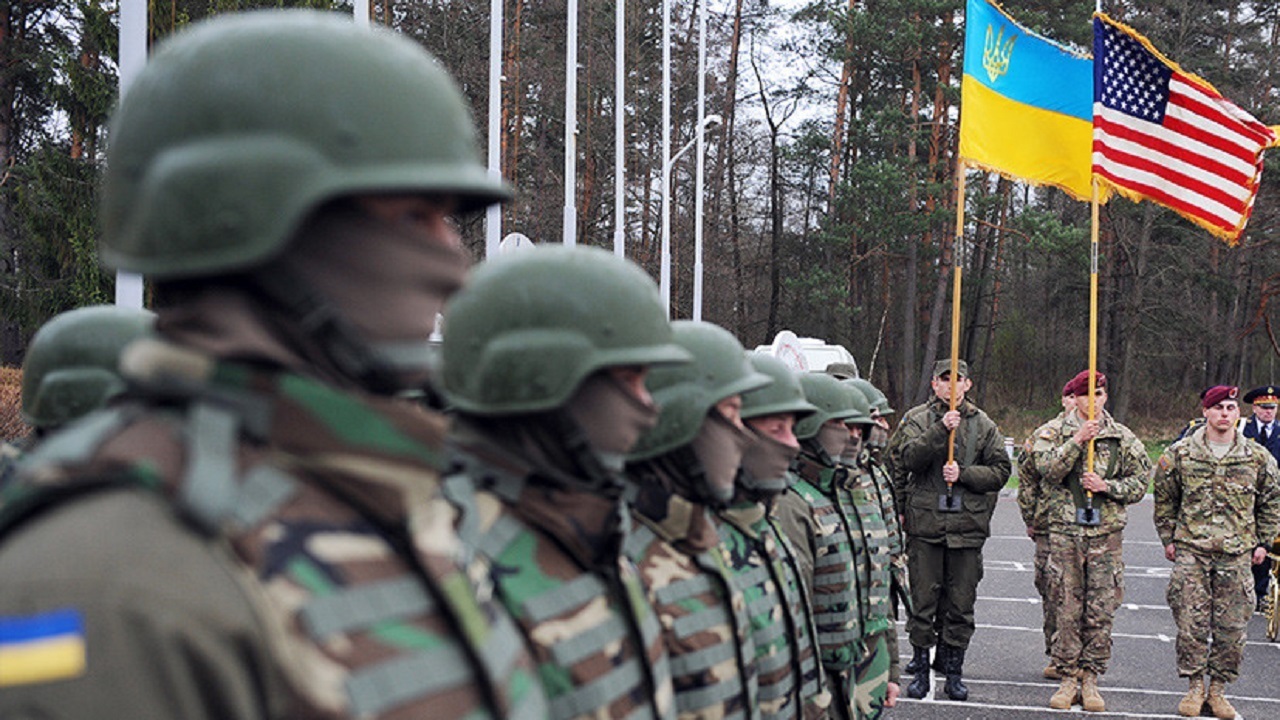Hassan Beheshtipour, speaking in an interview with the website of the Strategic Council on Foreign Relations, said: Russia currently is neither in a situation in terms of economic means to have strong financial support for the attack, nor will public opinion support Moscow’s decision politically and internationally.
Saying that Ukraine has a very important position in Russia, which is related to two main geopolitical reasons, he noted: First, Ukraine is geographically located in a place that has always been a buffer zone between Russia and the West. When Napoleon invaded Russia, those were the Ukrainians who fought alongside the Russians against Napoleon’s army.
The expert stressed: Another reason is that after the World War II, although Russia-Ukraine relations were defined within the Soviet Union, Russia nevertheless supported Ukraine’s membership in the United Nations, and therefore Ukraine gained a seat in the United Nations before the collapse of the Soviet Union.
Saying that Russia considers a special place for Ukraine, Beheshtipour added: It is estimated that between 17% and 20% of the Ukrainian population are of Russian origin. On the other hand, Russia, by citing a clause in its constitution, considers protecting the rights of the Russians in other countries as its own responsibility.
He stressed that given such issues, entering into a war would create major problems for Kiev and Moscow and the region as a whole.
Also, according to the expert: The Russians are aware that the start of the war is in their own hands, but it is not clear whether the end of the war will be decided by Russia as well. Because the tension may turn into a regional tension that will probably become very difficult to control.
Analyzing the current differences between Washington and Moscow, Beheshtipour said: The Russia-US dispute is now under the pretext of Ukraine; in fact, Moscow is threatened by NATO expansion, and believes that if Ukraine joins NATO, Russia’s western borders will be seriously threatened. Russia has also predicted that American medium-range missiles may be deployed in Ukraine after such event.
Beheshtipour continued by pointing out that Russia had problems with the Bush administration and then with Barack Obama administration a few years ago over the plan for a missile defense shield and said: But in 2010, following the Lisbon summit and the improvement of Moscow-Washington relations, tensions temporarily eased, and Obama, instead of the Czech Republic and Poland, implemented the plan in Romania and Turkey which were somewhat further away from Russia.
According to the expert: Over the years, Russia is now seriously concerned about its security on its western and southern borders. On its southern border, Moscow is concerned with Georgia and joining of the country to NATO.
The expert on US affairs, with regard to the US outlook to Russia-Ukraine tension, said: The Americans do not seem to have the necessary and sufficient readiness to confront Russia militarily in Ukraine. In fact, Washington’s target is to strengthen Ukraine’s position vis-a-vis a possible Russian invasion and, therefore, they have embarked on media publicity.
He believes that the Western media pressure on Kremlin that Russia wants to invade Ukraine is aimed at getting Moscow into a dangerous conflict so that its economy becomes weaker than what it is at present.
Beheshtipour, pointing out those Western officials have said they will send troops to those areas near Russia in two areas, added: Accordingly, countries such as Canada and Britain will send experts to train the Ukrainian armed forces, and the United States has said that it will send equipment and forces to those areas.
According to the expert, such words by the West seem more like an ultimatum to the Russian side to force Moscow to reconsider militarily.
Beheshtipour stressed that however it is being propagated in the media as if they want to persuade Russia to launch a military strike.
The expert on Russia affairs also said that the US policy is not to engage militarily with Russia in Ukraine, therefore, it can be predicted that either there will be no war or if there is a war, it will be a proxy war. That is to say, Ukraine’s Russians will clash with the central government in Kiev.
He added: In such a situation, the Westerners naturally support the Ukrainian government, and Russia will be supported by the Russians living in that region.
Beheshtipour in conclusion commented on the news that the US President Joe Biden is considering deployment of several thousand American troops, as well as warships and aircraft in NATO allies in the Baltic and Eastern Europe and said: Those speeches and maneuvers of Biden are with an aim of, on the one hand, show inside the United States that he is not indifferent to Russia’s actions, and on the other hand, prove to his NATO allies, especially Poland, Romania and Hungary, who feel much threats on the side of Moscow, that Washington will not leave them alone in response to Russian threats.










0 Comments